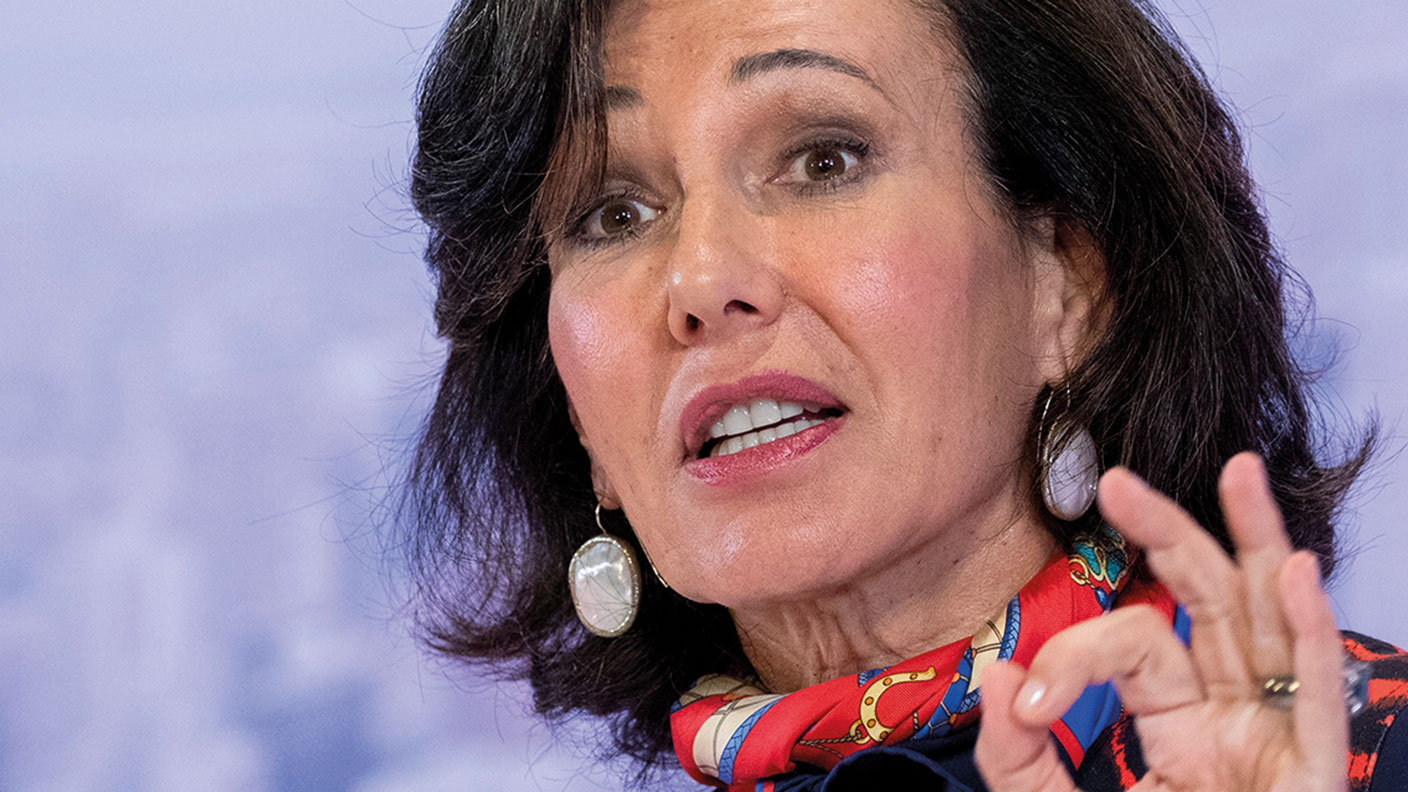Get the latest financial news, insights and expert analysis from our award-winning MoneyWeek team, to help you understand what really matters when it comes to your finances.
You are now subscribed
Your newsletter sign-up was successful
Want to add more newsletters?

Twice daily
MoneyWeek
Get the latest financial news, insights and expert analysis from our award-winning MoneyWeek team, to help you understand what really matters when it comes to your finances.

Four times a week
Look After My Bills
Sign up to our free money-saving newsletter, filled with the latest news and expert advice to help you find the best tips and deals for managing your bills. Start saving today!
Lloyds Banking Group has announced plans to slash almost 1,000 jobs in the UK, as well as closing some of its offices, according to the bank's employee union Accord.
The banking giant, which is undergoing an extended period of cost reduction and streamlining of its businesses, said it plans to make the 990 cuts through a combination of voluntary redundancy and natural turnover.
A total of £1.5bn annual costs are expected to by saved within the next three years.
MoneyWeek
Subscribe to MoneyWeek today and get your first six magazine issues absolutely FREE

Sign up to Money Morning
Don't miss the latest investment and personal finances news, market analysis, plus money-saving tips with our free twice-daily newsletter
Don't miss the latest investment and personal finances news, market analysis, plus money-saving tips with our free twice-daily newsletter
The firm, in which the UK government holds a 41% stake, is closing sites in Newcastle, Leeds, Romford and Scunthorpe.
An additional £2bn will be invested in the group between 2011 and 2014 to expand its core operations, including Lloyds TSB, Halifax and Bank of Scotland.
Accord's general secretary, Ged Nichols, said: "LBG shedding almost 1,000 more jobs on top of the 30,000 that have been lost since HBOS was taken over just three years ago is devastating news for the employees who will be affected and the communities in which they live. The areas affected cannot afford to lose the high quality jobs that will go as a result of today's announcement.
The share price fell 0.91% to 34.98p by 15:19.
NR
Get the latest financial news, insights and expert analysis from our award-winning MoneyWeek team, to help you understand what really matters when it comes to your finances.
MoneyWeek is written by a team of experienced and award-winning journalists, plus expert columnists. As well as daily digital news and features, MoneyWeek also publishes a weekly magazine, covering investing and personal finance. From share tips, pensions, gold to practical investment tips - we provide a round-up to help you make money and keep it.
-
 How a ‘great view’ from your home can boost its value by 35%
How a ‘great view’ from your home can boost its value by 35%A house that comes with a picturesque backdrop could add tens of thousands of pounds to its asking price – but how does each region compare?
-
 What is a care fees annuity and how much does it cost?
What is a care fees annuity and how much does it cost?How we will be cared for in our later years – and how much we are willing to pay for it – are conversations best had as early as possible. One option to cover the cost is a care fees annuity. We look at the pros and cons.
-
 Lloyds Bank shares could see an interest-rate windfall
Lloyds Bank shares could see an interest-rate windfallAnalysis Interest rates are heading higher, which could be good news for Lloyds Bank shares as profits are set to grow.
-
 Is abrdn’s eye-catching 9.2% dividend yield sustainable?
Is abrdn’s eye-catching 9.2% dividend yield sustainable?Tips Shares in investment manager abrdn currently yield 9.2%. Generally speaking, says Rupert Hargreaves, it pays to be sceptical of very high dividend yields. So is that the case here, or is abrdn one for income investors to tuck away?
-
 When to buy shares in NatWest, Britain's worst bank
When to buy shares in NatWest, Britain's worst bankTips Rising interest rates should lift profits for the banking sector if inflation doesn’t get out of control, says Bruce Packard.
-
 How UK banks went from Big Bang to universal failure
How UK banks went from Big Bang to universal failureCover Story The 1986 deregulation shook up the banks, but the all-in-one model that it created is bad for customers and investors. Specialists do a better job – as the real fintech winners are showing, says Bruce Packard
-
 Lloyds poaches its new boss from HSBC
Lloyds poaches its new boss from HSBCNews The high-street lender has appointed Charlie Nunn, HSBC’s head of wealth management, to be its new CEO. He faces a towering in-tray. Matthew Partridge reports
-
 Why banks should be allowed to pay dividends again
Why banks should be allowed to pay dividends againOpinion Curbing payouts to shareholders never made much sense and the policy is crimping the economy, says MAtthew Lynn.
-
Share tips of the week
Features MoneyWeek’s comprehensive guide to the best of this week’s share tips from the rest of the UK's financial pages.

